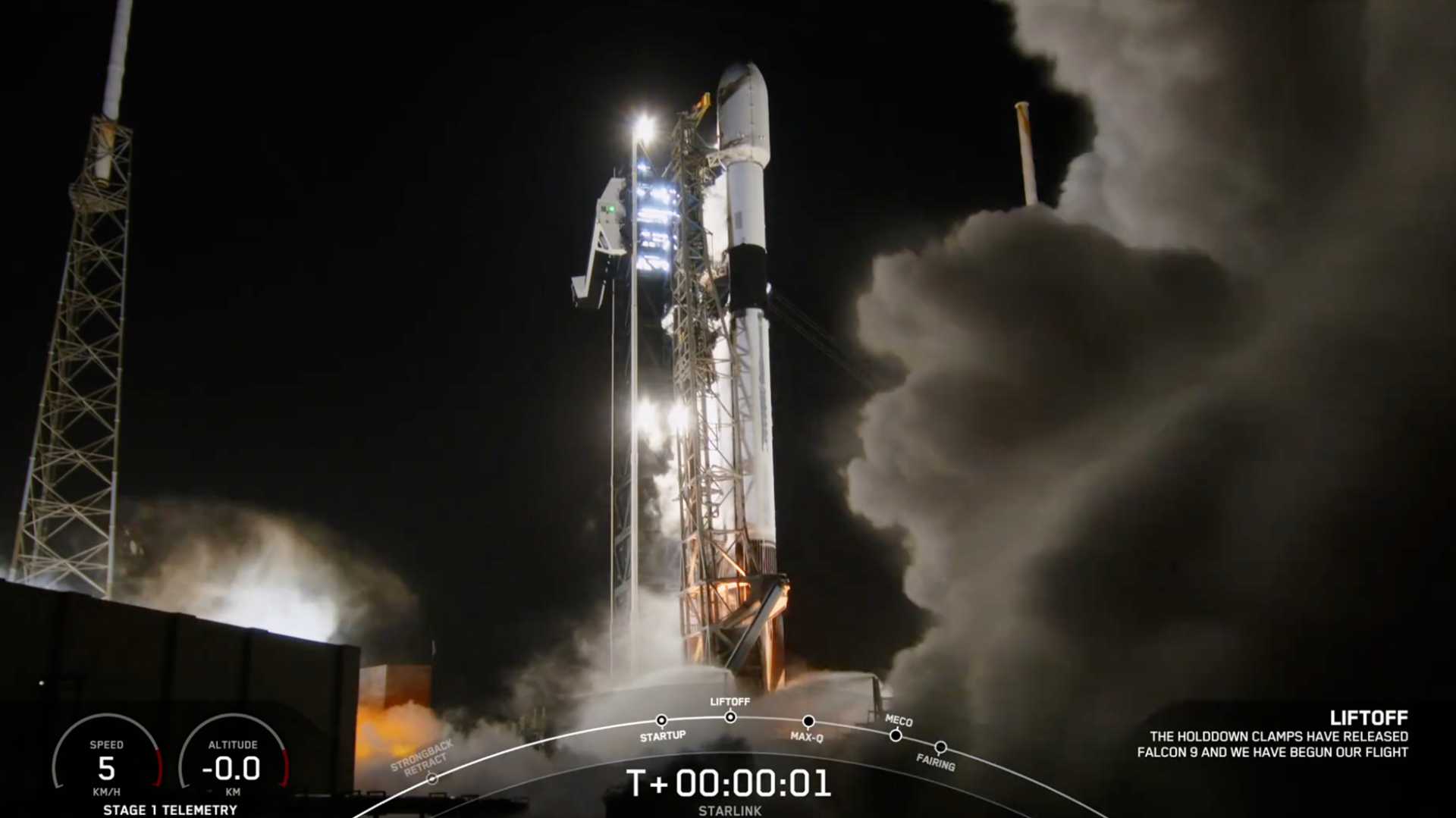News
SpaceX Launches 24 Starlink Satellites Amid Service Outage

VANDENBERG SPACE FORCE BASE, California — SpaceX has rescheduled the launch of 24 Starlink satellites to Saturday night, July 27, with liftoff now targeted for 9:31 p.m. PDT (12:31 a.m. EDT Sunday). This mission aims to enhance internet service in the world’s polar regions.
The Starlink 17-2 mission will utilize a Falcon 9 rocket from Space Launch Complex 4 East. This flight marks the 19th journey for the first stage booster, identified as B1075, which has previously completed missions including Transporter-11 and more than 15 batches of Starlink satellites.
Approximately 8.5 minutes post-launch, B1075 is scheduled to land on the ‘Of Course I Still Love You’ droneship in the Pacific Ocean. If successful, this would be the 142nd landing for that droneship and the 481st booster landing for SpaceX.
SpaceX has announced live coverage of the mission, set to begin 30 minutes before liftoff. This launch comes shortly after a significant outage in the Starlink internet service, impacting users worldwide.
Earlier this week, on July 26, SpaceX launched 28 Starlink satellites from Cape Canaveral Space Force Station, marking the 91st Falcon 9 launch this year. This mission followed a two-hour global outage experienced by Starlink users.
Jonathan McDowell, an expert orbital tracker, reported there are now over 8,000 Starlink satellites in orbit. SpaceX’s previous launch saw favorable weather with a 95 percent chance of favorable conditions, which contributed to the successful mission.
Elon Musk, the founder of SpaceX, addressed the recent service disruptions, pledging to remedy the issues to avert future outages. On social media, Musk apologized, stating that they would ensure the reliability of their network.
The repeated challenges of the past week underscore the growing importance of satellite internet. As competition in the field increases, SpaceX’s success in deploying Starlink satellites remains crucial for its operations and reputation in the aerospace industry.












